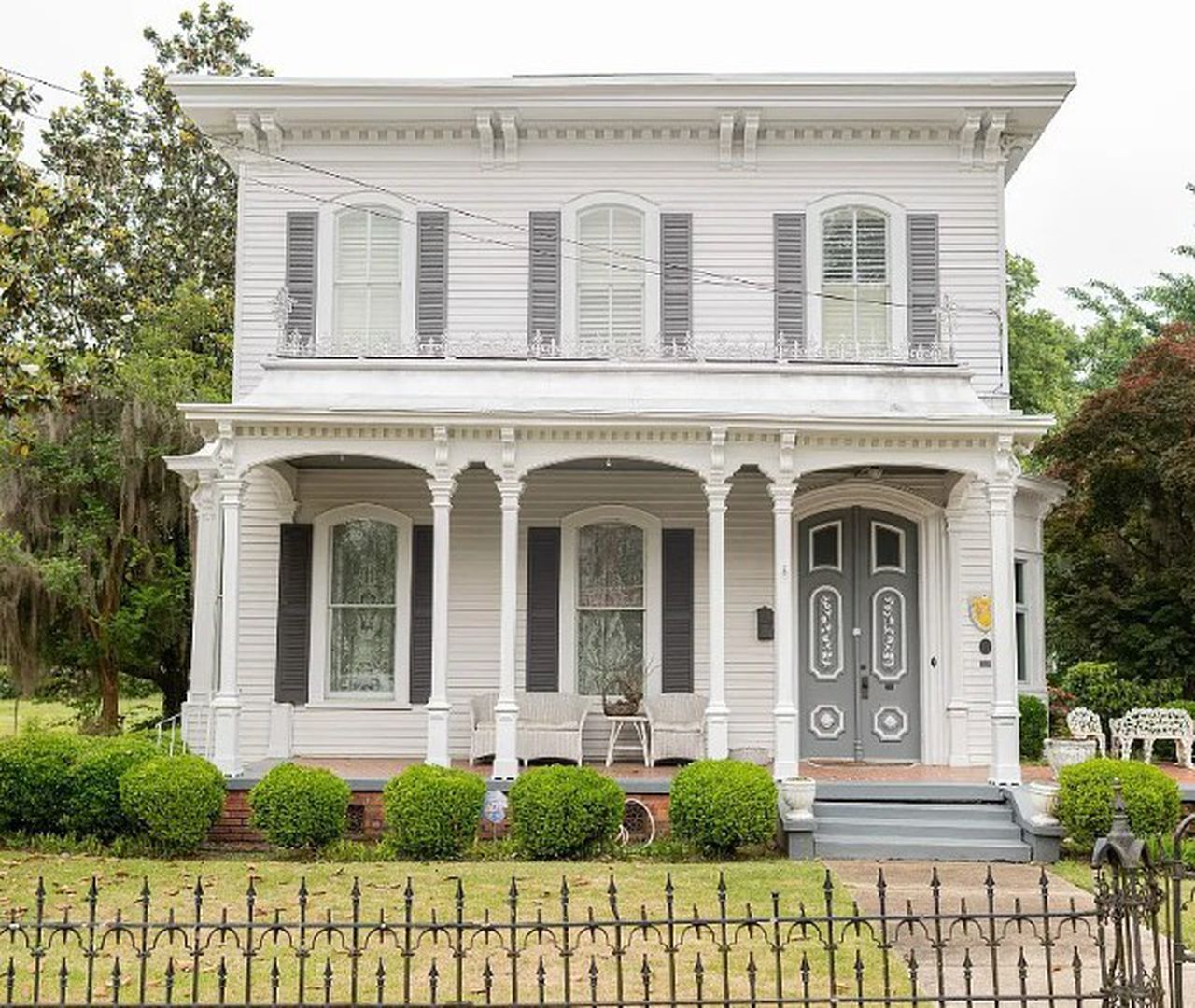Archibald: Selma is more than a symbol, it’s a warning
This is an opinion column.
Selma has become a symbol, a shrine. It’s a sort of Star of Bethlehem to those who would pay homage to sacrifice, and to freedom, to the power of courage and perseverance and hope for equality..
Celebrities and politicians often make the pilgrimage to the Selma Jubilee, as President Biden does today. It is important to be seen.
But it’s more important to see.
In 2015 – 50 years after the Selma to Montgomery marches – President Barack Obama stood at the Edmund Pettus Bridge and spoke of the town’s standing in history.
“There are places and moments in America where this nation’s destiny has been decided,” Obama said. “Many are sites of war — Concord and Lexington, Appomattox, Gettysburg. Others are sites that symbolize the daring of America’s character — Independence Hall and Seneca Falls, Kitty Hawk and Cape Canaveral. Selma is such a place.”
Selma is such a place.
Selma was “a clash of wills to determine the true meaning of America,” he said.
On days like this we stop to appreciate Selma, and what she stands for. For the non-violent courage of John Lewis, who got his head beat in on that bridge named for a racist. For Hosea Williams and Joseph Lowery. For Martin Luther King Jr.
We recall the deaths of Jimmy Lee Jackson, and a Unitarian minister named James Reeb, and a woman named Viola Liuzzo, who was way more than the housewife they called her. We remember lives, and deaths, and how the things that happened in Selma led to the passage of the Voting Rights Act, and to hope for something so much better.
Today we see that. But today, too, we see more. And Selma is still symbolic of it all.
I hurt a little when I visit Selma, I must admit, for it is the Job of Alabama towns, a prophet afflicted with all the woes it can bear. The city population has dropped 58 percent since the marches, and 14 percent in the last decade. Black people make up 80 percent of the population but own just 13 percent of businesses with employees. It has struggled with high crime and been battered by everything from tornados to economic instability to water woes.
There are 34 houses currently for sale in Selma, according to Zillow. Only three have a listing price higher than $100,000, and 16 will go for under $50,000. The most expensive, an ornate 4,000-square-foot antebellum gem, can be had for $299,000.
This 4,000 square foot house in Selma, built in 1860, is on the market for $299,000.
Selma is a symbol. I can’t help but see it not just as a symbol of hope, but one of lost opportunity. Not just because Selma, like so many Alabama towns built in the tradition of white supremacy, has struggled to find herself. But because the things it stands for in history are under as much threat as the town itself.
Obama in 2015 said Selma represents “the idea of a just America and a fair America, an inclusive America, and a generous America – that idea ultimately triumphed.”
But I’m not sure that idea triumphed. Politics has come for it like the tornado came at Selma, leaving wreckage in its wake.
Since Obama gave that speech hundreds of bills have been proposed in state legislatures designed to make voting more difficult, and many of them have become law, according to the ACLU. Voter ID laws are normalized by the same politicians who say gun owners shouldn’t have to register their weapons. Measures to make voting easier – that allow people to register online, or vote by mail – are under attack as politicians seek to make it harder to vote. Even if voting were a snap it wouldn’t necessarily matter, as politicians inevitably – and particularly after the last census – redraw election lines for their own advantage.
Voting is precious. But it’s getting harder. The Voting Rights Act itself has been weakened by the Supreme Court.
Representation is getting harder. Even the real study of history, our only hope in avoiding the pitfalls of the past, has been made tougher in Alabama, where examinations of the past are considered “divisive concepts.”
Selma is not just the site of a pilgrimage, or a photo op. It is a powerful symbol and a warning. It is like justice itself. If you take it for granted, it slips away.
John Archibald is a Pulitzer Prize-winning columnist for AL.com.
Get John Archibald’s newsletter
Enter your email to subscribe to John’s upcoming weekly newsletter:
